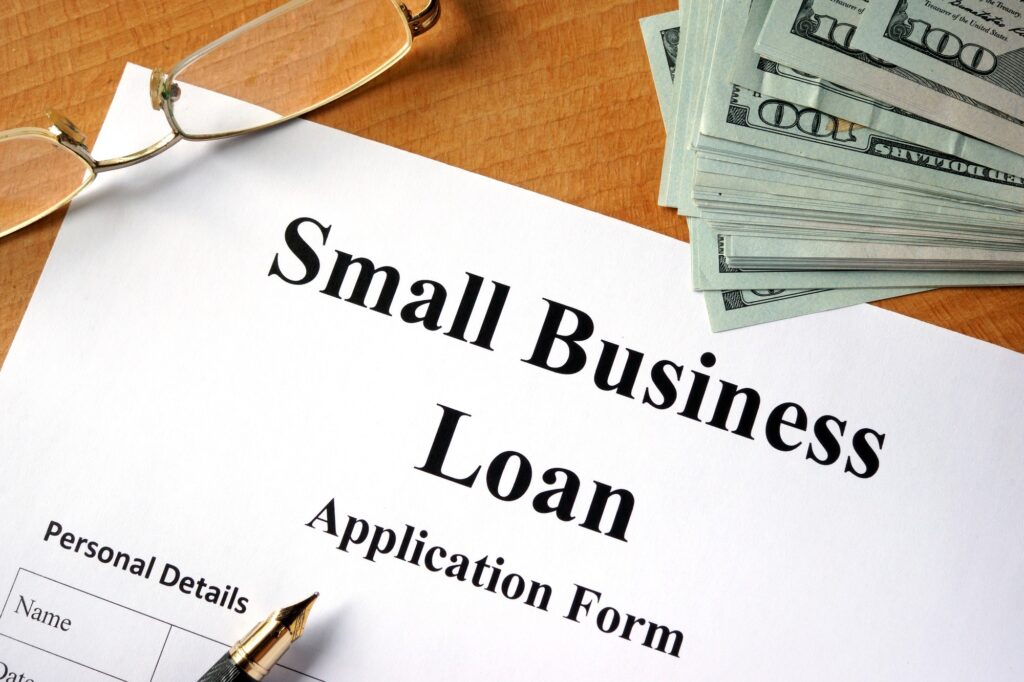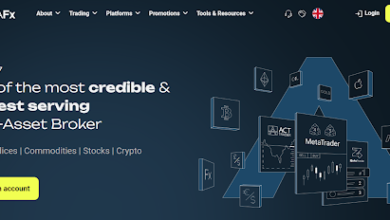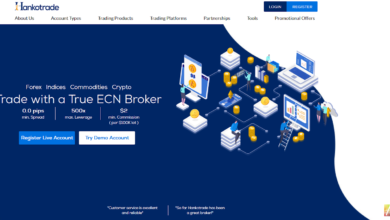
Starting your own business is an incredibly exciting and daunting task at the same time. It can be tempting to go ahead with plans even if you don’t have all the answers, but before making any decisions, it’s important to know about the different small business loans available to you. In this post, we will explore five loans that are particularly important for small businesses. We will also provide tips on how to best choose which loan is right for you and what to expect when applying. Thank you for reading!
What is a small business loan?
If you’re starting a small business, you may be wondering about the best way to finance it. Here are some small business loans that could be a good option for you:
1. SBA loan options:
The Small Business Administration (SBA) offers a variety of loans and loan products that can help small businesses get started and grow. The SBA has nine Loan Programs, each with different terms and requirements. To find out more about the SBA loan programs available to your business, visit the website or call 1-800-USA-BUSINESS (855-829-8298).
2. Private lender options:
There are also many private lenders who offer small business loans. These lenders typically have more flexible terms than the SBA, so they may be a better option if you need more time to pay back your loan or if you want to borrow less money than through the SBA. To find out more about private lender options, contact your regional chambers of commerce or search online for “private lender for small businesses.”
3. Combining sources of financing:
If you can’t find a specific loan option or if you need more than one type of financing, consider combining sources of financing. For example, you might take out a Small Business Administration loan and then borrow money from a private lender. This way, you’ll have access to multiple types of financing and will be able to pay back your loans over time.
Types of small business loans

There are a few different types of small business loans that you should consider before starting your own business.
1) Line of credit: A line of credit is a loan that businesses can use to cover short-term expenses. It’s an option for businesses with healthy cash flow, as the loan is repaid based on the amount of sales made each month.
2) SBA 7(a) Loan: The SBA 7(a) Loan program provides financing to small businesses with at least $2 million in annual revenue. Requirements for eligibility include having a stable financial history and good credit score.
3) Commercial Paper: Commercial paper is short-term debt that’s issued by companies as an alternative to borrowing from traditional lenders. Interest rates on commercial paper can be higher than those available from traditional lenders, but the payoff period is shorter, which may be appealing for companies in need of quick funding.
When should you apply for a small business loan?
There are many different factors to consider when applying for a small business loan. The most important thing to remember is that your credit score and business track record will play a major role in your approval or rejection. Furthermore, it’s important to know the minimum requirements for each type of loan before starting the application process.
It’s also beneficial to have an existing client base or a strong working relationship with a financial institution in order to increase your chances of securing financing. If you meet all of the criteria necessary for a small business loan, be sure to submit an application as soon as possible in order to minimize your wait time.
How much does a small business loan cost?
When starting a business, it’s important to choose the right financing option. Here are some small business loans you should consider before starting your own business:
1. SBA loan
The Small Business Administration (SBA) offers a number of different loans for small businesses. The most common type of loan is theloan, which typically has lower interest rates and more flexible terms than other types of loans. To qualify for a SBA loan, you must be certified by the Small Business Administration as being in good financial standing and have a revenue target that meets or exceeds the limits set by the SBA.
2. Personal loan
Another option for financing your small business is to take out a personal loan from a bank or online lender. Interest rates on personal loans can be high, but they’re available in smaller amounts than commercial loans and have more flexible terms, so you can get a loan that fits your needs better. You should also consult with a credit counselor if you want to get a personal loan for your business.
What are the benefits of taking out a small business loan?
When starting a business, it can be tempting to go for the big bucks. But before you pull out your credit card and start signing contracts, you should consider taking out a small business loan. Here are some of the benefits:
1. Flexibility. A small business loan is flexible, which means you can use it for a variety of reasons, such as purchasing equipment or hiring new employees. You don’t have to worry about getting pre-approved for a large loan and then being limited in what you can do with the money.
2. Security. A small business loan gives you security in the form of an interest rate that’s typically much lower than what you would find on a credit card or mortgage. This means that if things slow down at your business, you won’t be facing high payments or losing your home in the process.
3. Access to capital. A small business loan can help you get started quickly by providing you with enough cash to cover initial expenses and grow your company gradually over time. If need be, you can always refinance your debt later on if things go well and business continues to grow (or contract).
4. Tax breaks. Many small businesses get generous tax breaks when they borrow money from banks or other lenders, so be sure to inquire about these incentives when looking into obtaining financing for your own venture.
What are the risks of taking out a small business loan?
A small business loan is one of the most popular and effective financing tools for small businesses. However, there are risks associated with taking out a small business loan. Before deciding whether or not to take out a loan, it’s important to understand the risks.
Small business loans come with interest rates that can be high, and they require a good credit score. Furthermore, small businesses may have difficulty securing a loan if they don’t have enough assets to collateralize the loan. Finally, small businesses may not be able to repay their loans in full if they experience financial problems down the road.




